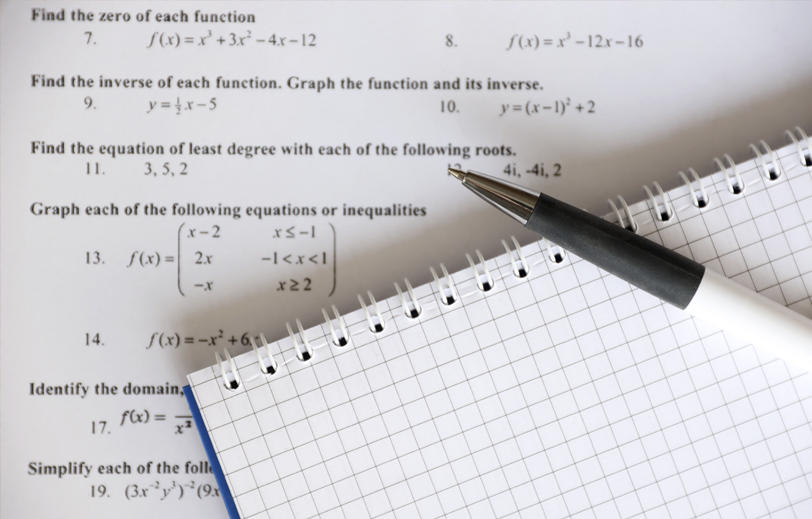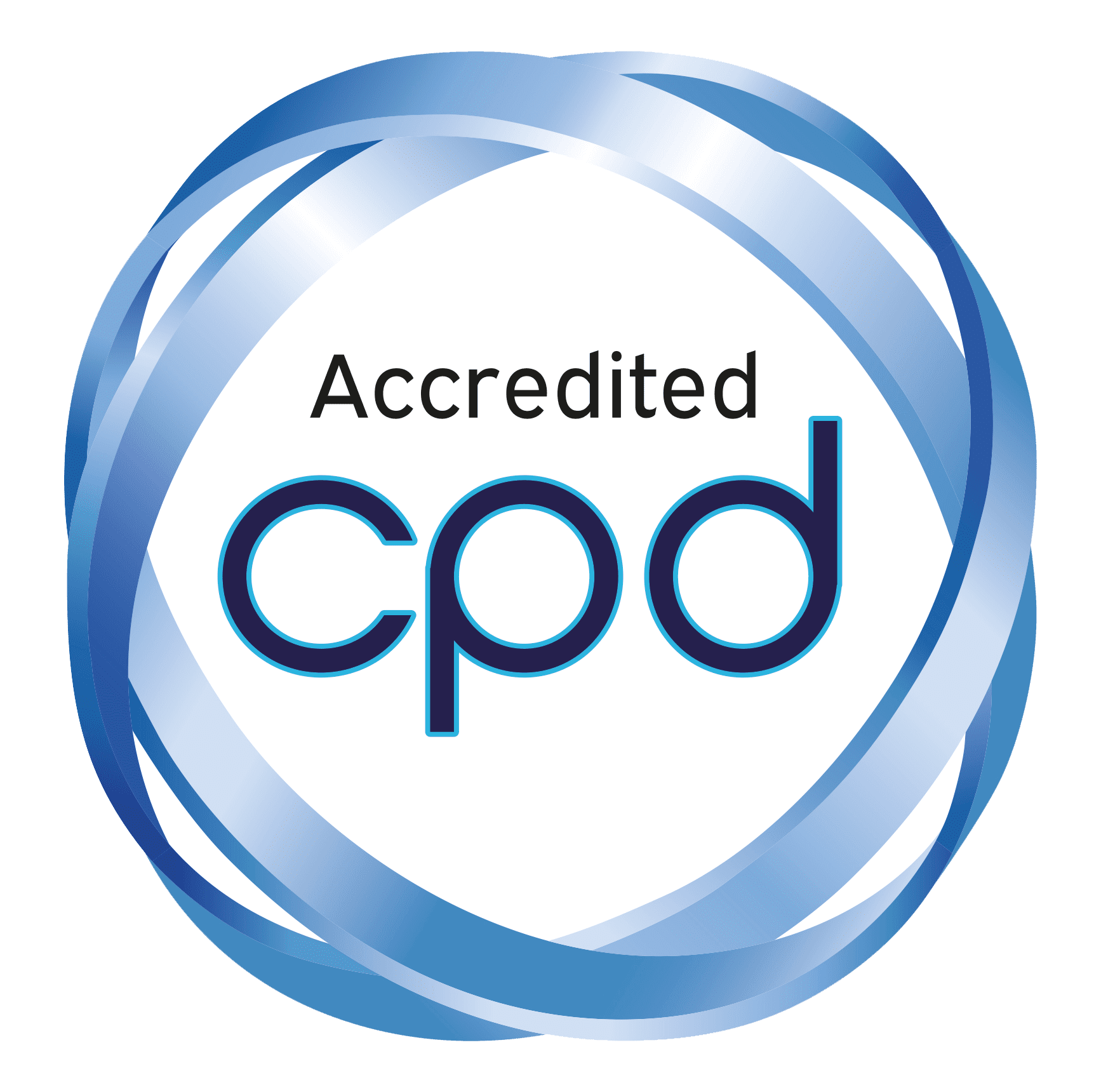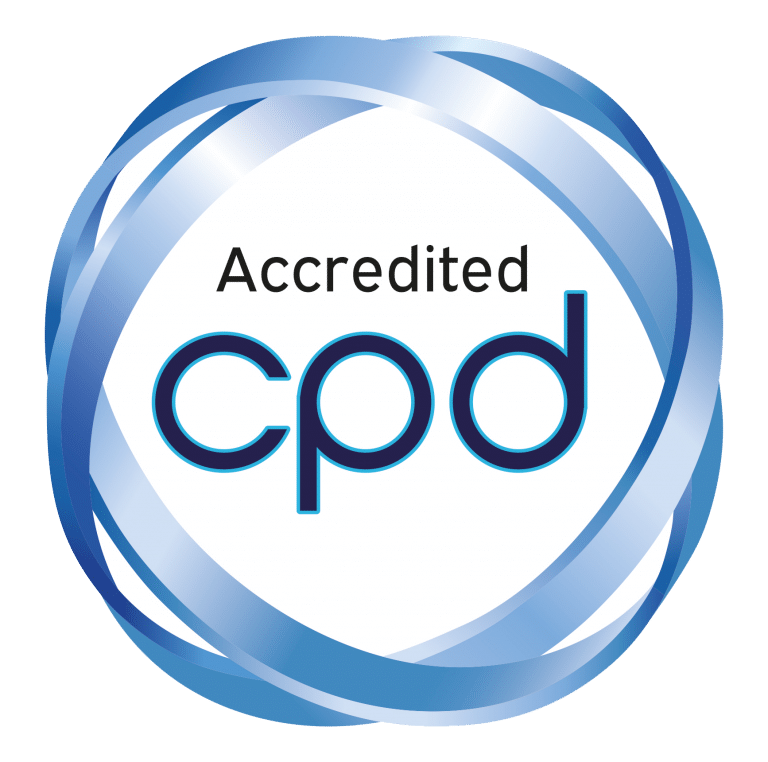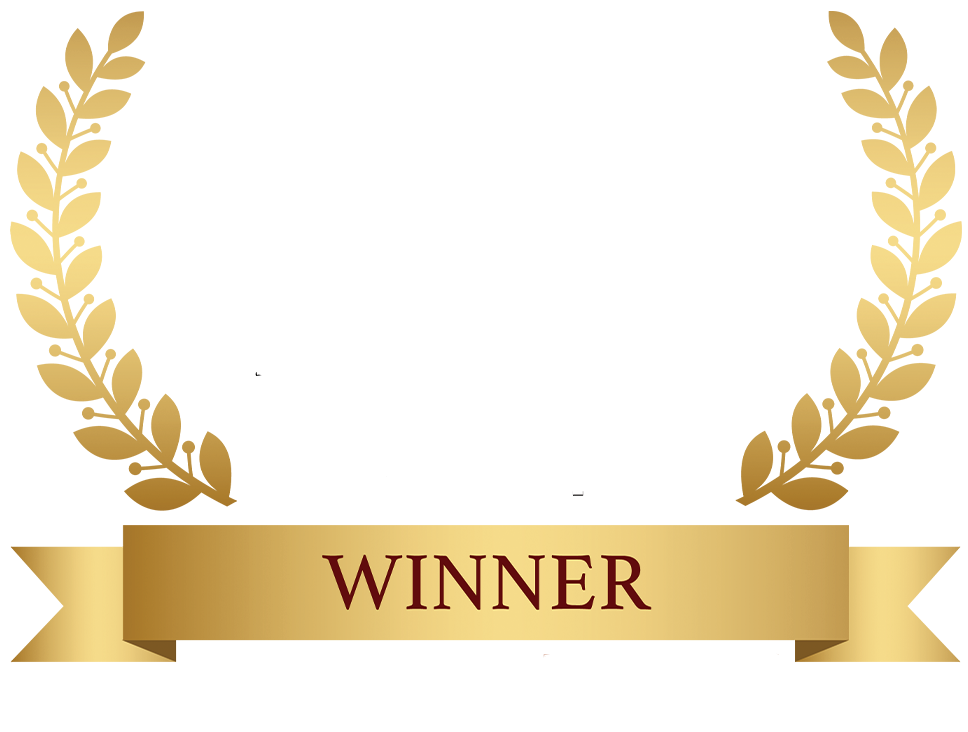The aim of this session is to develop your understanding of how to effectively use formative assessment in mathematics classrooms. It is applicable to educators in any setting, regardless of learner age or phase. In its broadest sense, assessment is an integral part of teaching and includes “the process of gathering, interpreting and using evidence to make judgements about learners’ achievements” (Harlen, 2007).
All interactions with learners can potentially provide information that could support teachers in making judgements. As teachers, we are constantly using assessment information to make decisions about what we say, what learning tasks we set and what to do when we see the outcomes of those tasks. We should see every interaction with our learners as a potential assessment opportunity in the sense that those interactions can provide us with information about how learning is going in our classroom. This, in turn, helps us to reflect on and adapt our teaching moving forward.
The effective use of assessment provides both the means to identify whether learners have succeeded and the information to help teachers support those who have not yet ‘got there’. This course will explore formative purposes to support the meaningful use of assessment and inform responsive teaching.
The course is separated into three modules of learning:
Module One: What is Formative Assessment and Why is it Important?
In this module, we will explore the differences between formative and summative assessment and why formative assessment is an active ingredient to responsive teaching.
Module Two: How Can We Check for Learner Understanding?
In this module, we will consider how we can be the most effective and purposeful when checking for learner understanding.
Module Three: Responsive Teaching Classroom Strategies
In this module, we will explore strategies to support responsive teaching. We will consider five specific strategies for formative assessment in mathematics classrooms: formative questions, verbal feedback, self and peer assessment, live marking and traffic lights.
Study time: 60 mins





